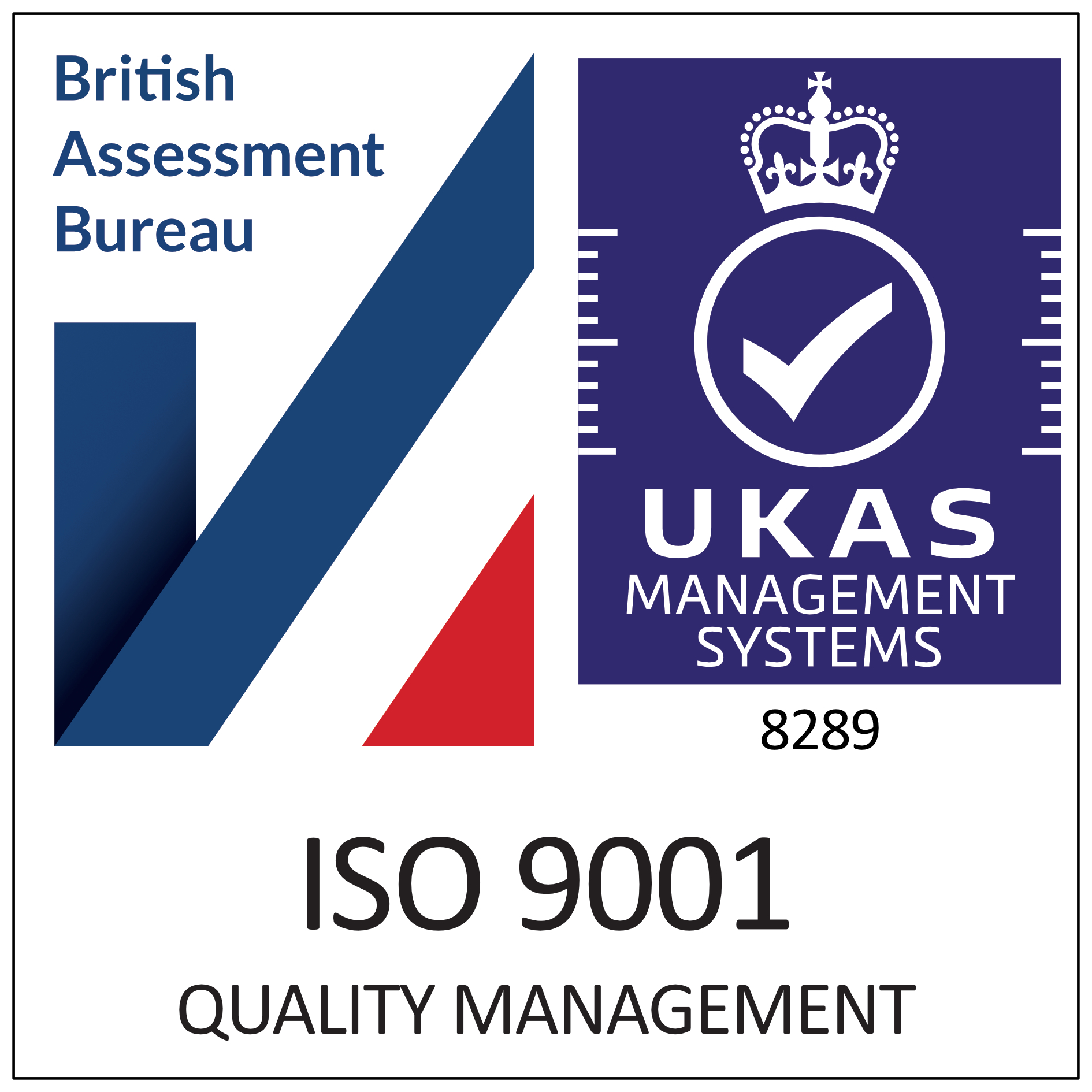Given our sector’s role in creating products that are used to fill the gaps left in the walls and sometimes the roofs of buildings, it is unsurprising that we have to comply with a whole host of standards. But how much do you know about the role that fasteners play in creating finished products that tick all the boxes? Here we recap on the main standards for windows and doors and explain why the right fastener choices help you ensure that your products meet the required standards.
Consider how a window or door can be vulnerable from a security perspective, it can be something you can accidentally fall through to injure yourself and it can either enhance or limit accessibility. On top of all this, it is a part of the external envelope which may present a weak point thermally where heat can escape more easily than through the walls or roof, and it is subject to numerous environmental considerations from the materials used in its manufacture to what happens at the end of its life.
Assured quality in window fabrication
If you are in the business of manufacturing PVC-U windows and doors, you will be familiar with BS EN 7412. This is important because it is the British Standard which specifies the requirements for the “design, fabrication and performance of windows and glazed doorsets made from PVC-U extruded hollow profiles” – in short, the standard that is central to the quality of finished products.
So, it is reassuring to fabricators that Rapierstar’s StarPVCU fasteners are designed in accordance with BS EN 7412: 2007, as recommended by the Glass and Glazing Federation (GGF) best practice guide and British Plastics Federation (BPF) fastener guidelines. It means you can be assured that Rapierstar’s screws are totally fit for purpose, which means they help fabricators achieve the quality they are seeking every time.
Corrosion resistance
All metals used in buildings must be selected to ensure they can cope with corrosion risks as a result of weather and environmental conditions and/or building uses. Hardware used in the manufacture of doors, windows, shutters and curtain walling is covered under BS EN ISO 9227:2017, which – again – Rapierstar’s fasteners are tested to. This standard provides a method of classification of corrosion resistance of building hardware based on performance in a neutral salt spray test, and products are graded in terms of their corrosion resistance – between 1 to 5, with the higher the better.
Rapierstar StarPVCU screws are corrosion tested in house in accordance with BS EN ISO 9227:2017 to offer a resistance that exceeds grades 4 and 5. In fact, every batch of our carbon steel screws is routinely corrosion tested to beyond 300 hours. So, whether you choose coated carbon steel or stainless steel fasteners, you will always have a clear corrosion resistance performance expectation when buying from the StarPVCU range.
You can read more about fasteners and corrosion resistance here.
A component that helps you meet all standards
Choosing fasteners which you know are designed to suit their purpose in terms of their ability to fix effectively into the different materials we use and withstand corrosion is obviously a great starting point to meet many other standards. For example:
Thermal performance
Standards for the thermal insulation provided by windows and doors are made tougher with every update to Part L of the Building Regulations (and the equivalents in Scotland and Northern Ireland). But whilst the focus is usually on how the glass and profile design will help windowmakers reach the performance required, do not forget about the impact that fasteners have here.
An installed product is unlikely to perform as it should if the wrong fasteners have been used or if they have not been used correctly. Ultimately, securely attached hardware and robust frame construction will help to optimise air tightness and, hence, reduce the risk of a performance gap – that is the gap between what the customer has specified or your target overall U-value and what actually happens when the window or door installed.
Security
The guiding standard for enhanced security of doors and windows has long been PAS24 and this continues to offer a specification for the industry to work to. Part Q of the Building Regulations applies for new build dwellings in England and Wales too and compliance is achieved if “the window can resist physical attack by a casual or opportunist burglar”.
As fasteners attach the locking systems, handles and hinges to the frame they play a crucial role in delivering secure finished products. StarPVCU fasteners are designed to offer secure attachment to hardware elements with maximum breakage and pull-out strength. This is why the range is routinely used by fabricators manufacturing windows and doors to the Secured by Design standard.
Safety
Windows and doors located in critical areas must be able to withstand the force of someone falling onto it, which is why toughened glass is routinely used in low level windows. But safety is also about child safety, emergency egress and fire resistance, all of which are covered by different standards.
As with security and thermal performance goals, quality has to be high for the window or door to be effective. Unless the correct fasteners are used in the right way a finished product could fall short of expectations and fail to protect people or buildings in the event of an emergency.
Recyclability and sustainable building
The fenestration sector is getting better all the time at recycling and today it is not uncommon for virtually everything in a post-use PVC-U, aluminium or timber window to be diverted into waste streams other than landfill.
All fasteners supplied by Rapierstar are manufactured in either carbon steel or stainless steel – both of which are 100% recyclable. And these types of metal are completely safe for fabricators to use.
High quality fasteners can also help to maximise the lifespan of a window or door, whilst also making them lower maintenance. All of this helps to reduce carbon emissions. So, if you are aiming to satisfy the requirements of a project’s higher sustainability specification, you will need to consider if the fasteners you are using will achieve those objectives – and stainless steel may be the best choice in such circumstance given this alloy’s greater resistance to corrosion.
If you would like to know more about how to choose the right fasteners for window and door manufacturing or installation, please contact us.
This email address is being protected from spambots. You need JavaScript enabled to view it. Technical & Marketing Manager at Rapierstar Tweet to @andyhol1







